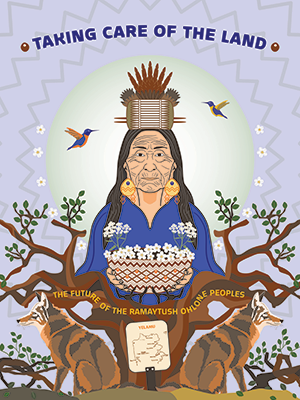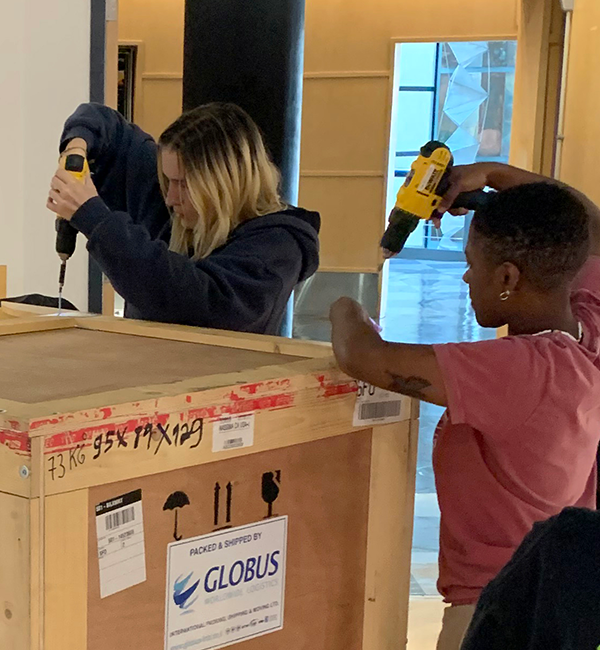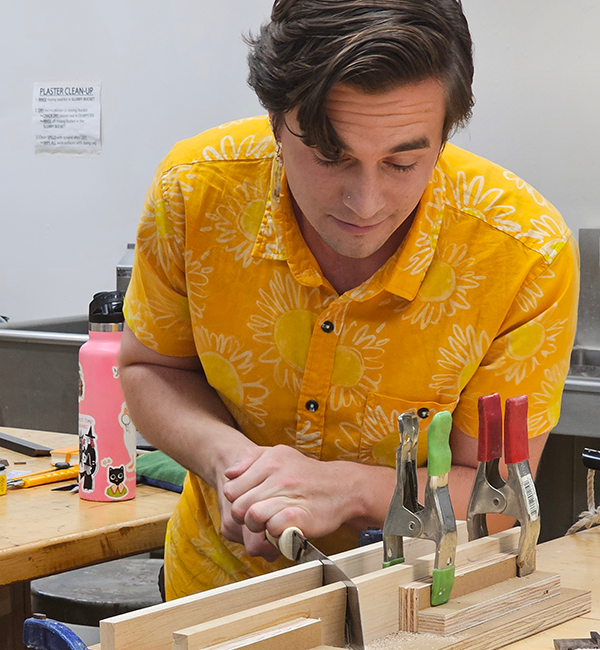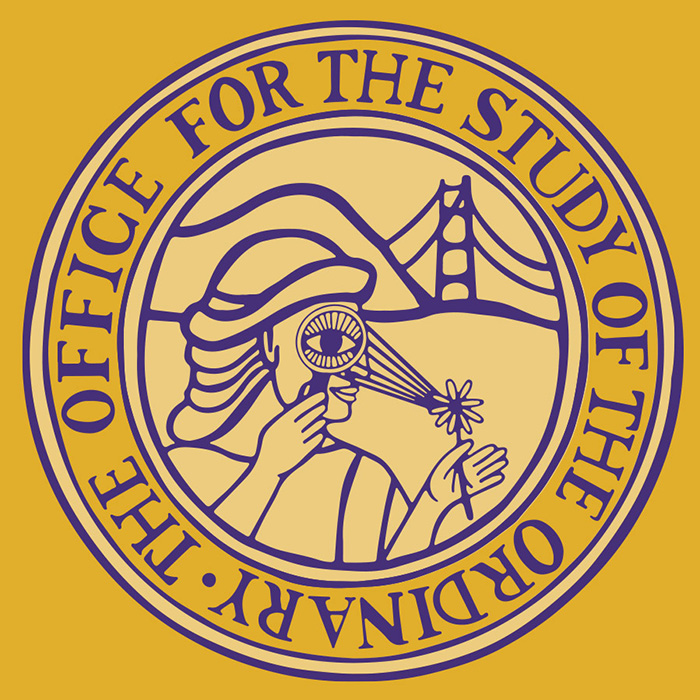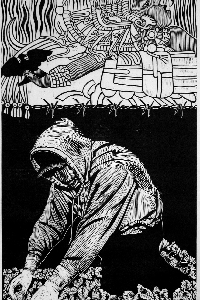SFSU Art students create an extraordinary exhibition exploring the ordinary
SFSU Fine Arts Gallery showcases findings from grant-funded Office for the Study of the Ordinary
In these extraordinary times, we can learn something by stepping back and exploring the ordinary. At San Francisco State University, about 100 students led by an artist-in-residence have investigated the everyday, creating new works of art in a “fake” department called The Office for the Study of the Ordinary.
A culminating exhibition in the SFSU Fine Arts Gallery showcases the processes, artifacts and printed material compiled over the past year by 150 overall participants. “Objects of Inquiry: The Office for the Study of the Ordinary” is on display Saturday, Feb. 22 – Saturday, April 5. Admission is free.
“Bureaucracy and art seemingly wouldn’t mesh. Put them together and something weird comes out,” said Liz Hernández, the Harker Artist-in-Residence at SFSU, a position made possible by the Harker Fund at the San Francisco Foundation. “The ordinary can be extraordinary if you shift your focus.”
Hernández worked alongside students in their classes for one to two weeks at a time to create collaborative art projects. Supplied with lab coats, magnifying glasses and measuring tape, students strolled the campus and took pictures of their observations. They created ID cards with fictional job titles for themselves: fantastical daydreamer, termite enthusiast, dust collector and so on.
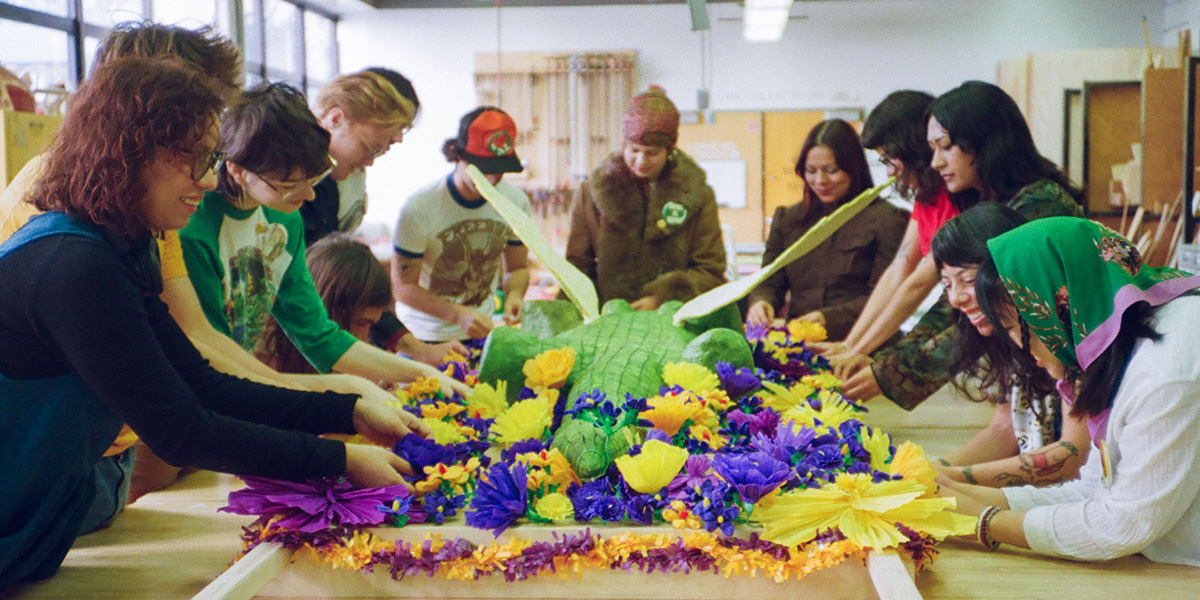
Photo by Liz Hernández
Student Nanako Nirei has contributed an acrylic drawing for a large-scale comic about SFSU’s mascot, depicted as a fictional character named Al the Gator. Nirei is enrolled in the Art 619 “Exhibition Design” course that is responsible for installing and promoting “Objects of Inquiry.”
“This is the first time I’ve been part of a big show,” she said. “I’m honored being in it and helping put everything up.”
Upon entry to “Objects of Inquiry,” visitors are greeted at a reception desk assembled with old furniture from campus storage. They are then led on a self-guided tour highlighted by a false tale involving student protests against inhumane treatment of an alligator housed on the SFSU campus. (For the record, this never actually happened; fakeness and subversion are hallmarks of Hernández’s art). Hernández created a life-sized sculpture of an alligator with angel wings, laying on a stretcher.
“I wanted to show the legacy of student-led protests at SF State. I was surprised that so many students didn’t know about it,” Hernández said. “I like to tell stories to the world through fiction in a way that doesn’t damage anyone, but gets you to think.”
Collaborating with students has been the most rewarding part of Hernández’s residency, she says: “I’ve learned so much from the students. There are small moments of tenderness and vulnerability. I’d never expect students to open up that way.”
An opening reception for “Objects of Inquiry” will be held Feb. 22, 1 – 3 p.m. Regular hours for the Fine Arts Gallery are Tuesdays – Fridays, noon – 4 p.m.
